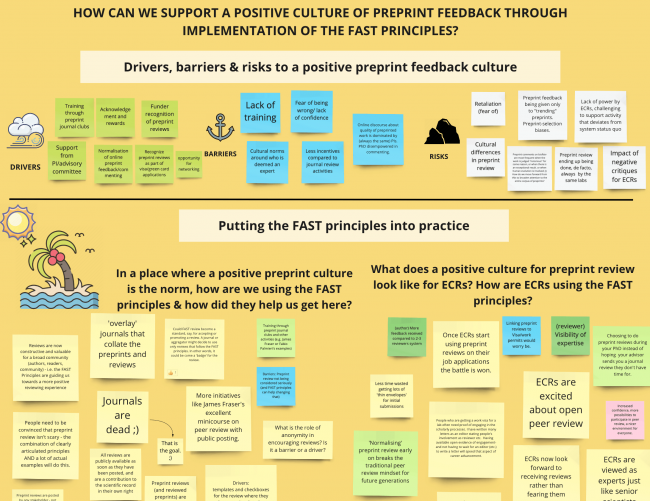Introducing Preprints and Publishing in the Life and Biomedical Sciences: a course on preprints and the journal publication process
Blog post by Iratxe Puebla and the ASAPbio Fellows Tara Fischer, Gautam Dey, Jonny Coates, Aleksandra Petelski, Vanessa Bortoluzzi & Gilbert Kibet-Rono A key step in the research process is the communication of researchers’ work to the scientific community. Preprints can bring many benefits to science communication, but the inner workings of the publication process…








![Yearly preprints/all-papers in Microsoft Academic Graph, trend by domain Yearly preprints/all-papers in Microsoft Academic Graph, trend by domain, reproduced from Xie B, Shen Z, and Wang K 2021 [8]](https://asapbio.org/wp-content/uploads/2021/07/Screenshot-2021-07-01-at-10.03.25-650x422.png)











